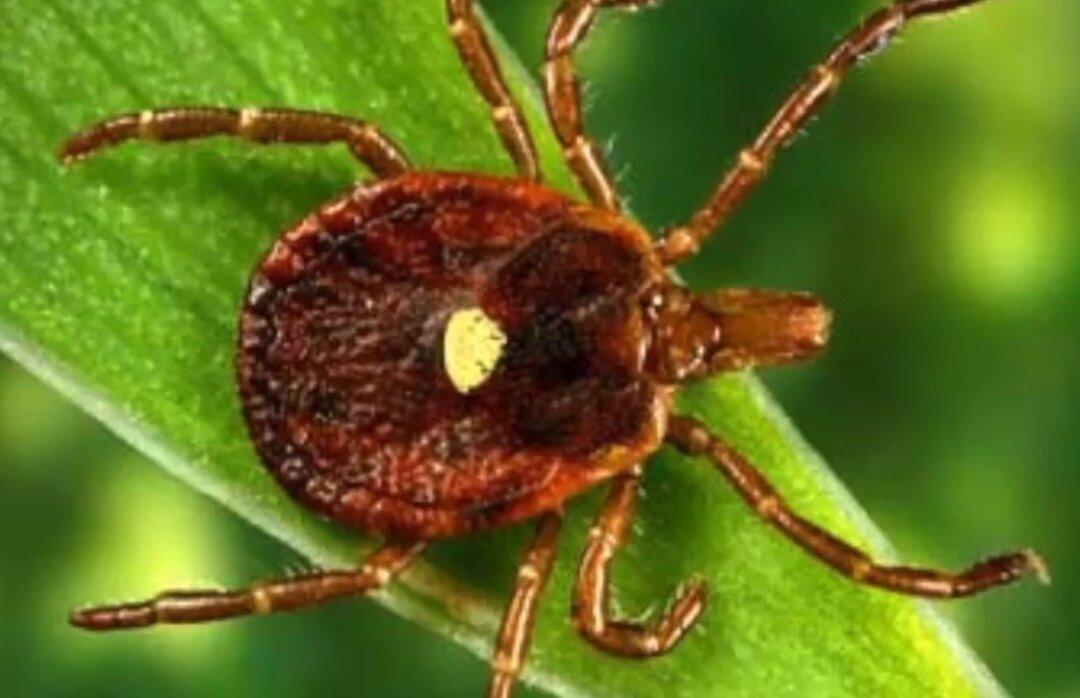An older person who lives in rural Jackson County has become the third individual to test positive for the tick-borne Heartland virus in Illinois since 2018.
The Illinois Department of Public Health (IDPH) said in a press release on Aug. 23 that the older individual had “recently” tested positive for the virus, for which there is currently no preventative vaccine or treatment.




